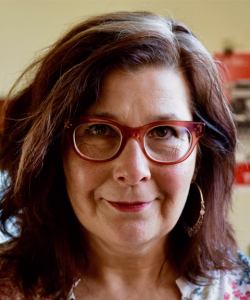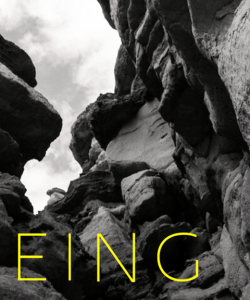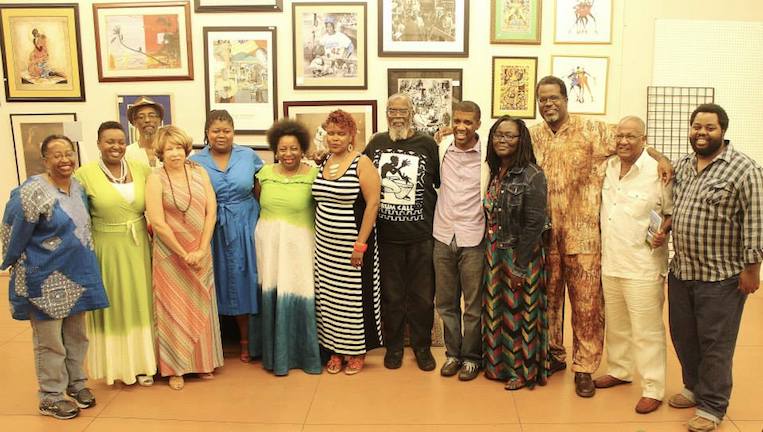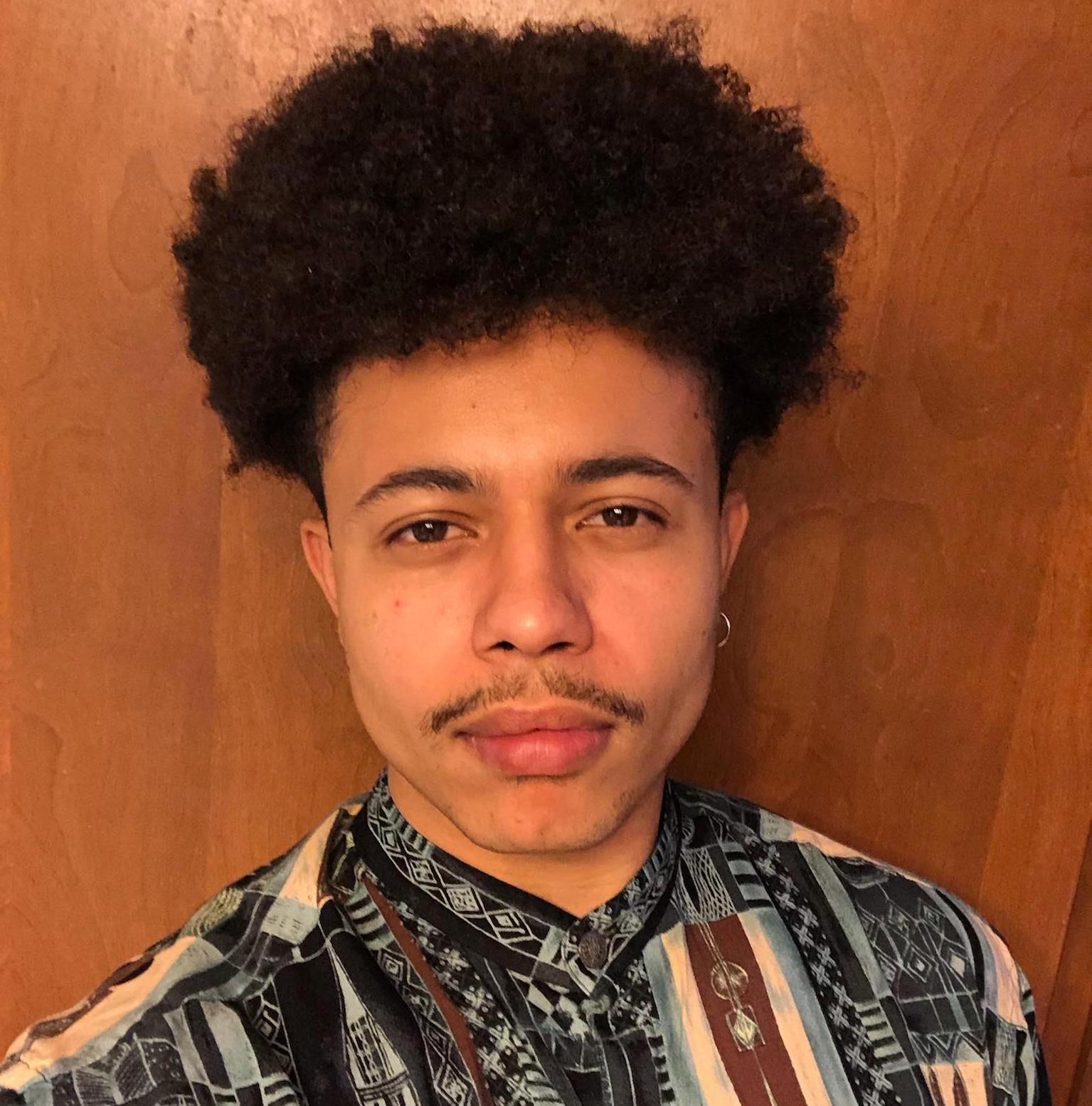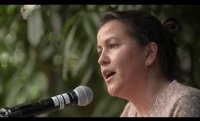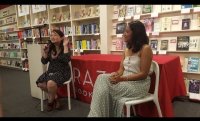Last week we took a little break and I hope you enjoyed my list of things to check out. Beginning this week, I want to highlight the big events: conferences and festivals. As many of you know, we are gearing up for a massive conference, the annual AWP Conference & Bookfair, run by the Association of Writers & Writing Programs, taking place in San Antonio, Texas in March. Poets & Writers and the literary outreach coordinators—Justin, Kelly, and I—will be there so come say hello if you’re at AWP!
Keeping that in mind, I’d like to dedicate some time in this blog to celebrate the literary festivals and conferences that take place here in Houston, including Sin Muros, Comicpalooza, Fade to Black Play Festival, and Zine Fest Houston.
First up, Sin Muros! Now in its third year, Sin Muros: A Latinx Theater Festival is a community-led playwriting festival focused on Texas-based Latinx voices and stories. The festival is put on by Stages, a nonprofit organization and historic theater in Houston, and offers a ton of access to literary craft for emerging artists. In Spanish, sin muros means “without walls” and the festival embodies this theme through its events.
Stages works with community leaders—playwrights, dramatists, poets, and activists—to put together a four-day festival for the public with many free events. Two plays (which are a part of Stages’s regular season) serve as anchors to a series of play readings and poetry readings; a generative, writing workshop (any genre is welcome); a professional development workshop for theater teachers; a children’s play; a town hall meeting focusing on issues Latinx artists face; and a poetry tent filled with booksellers, local literary organizations, and poets. Stages works with several literary and performance organizations to put the festival together, including Tintero Projects, Gente de Teatro, and TEATRX. Some of the work is in English. Some of the work is in Spanish. All of the work is Tejano.
This year’s festival over this past weekend was a great success. Every year it gets larger and larger, and I can’t wait for the next one.
Lupe Mendez is the literary outreach coordinator for Poets & Writers in Houston. Contact him at Houston@pw.org or on Twitter, @houstonpworg.




